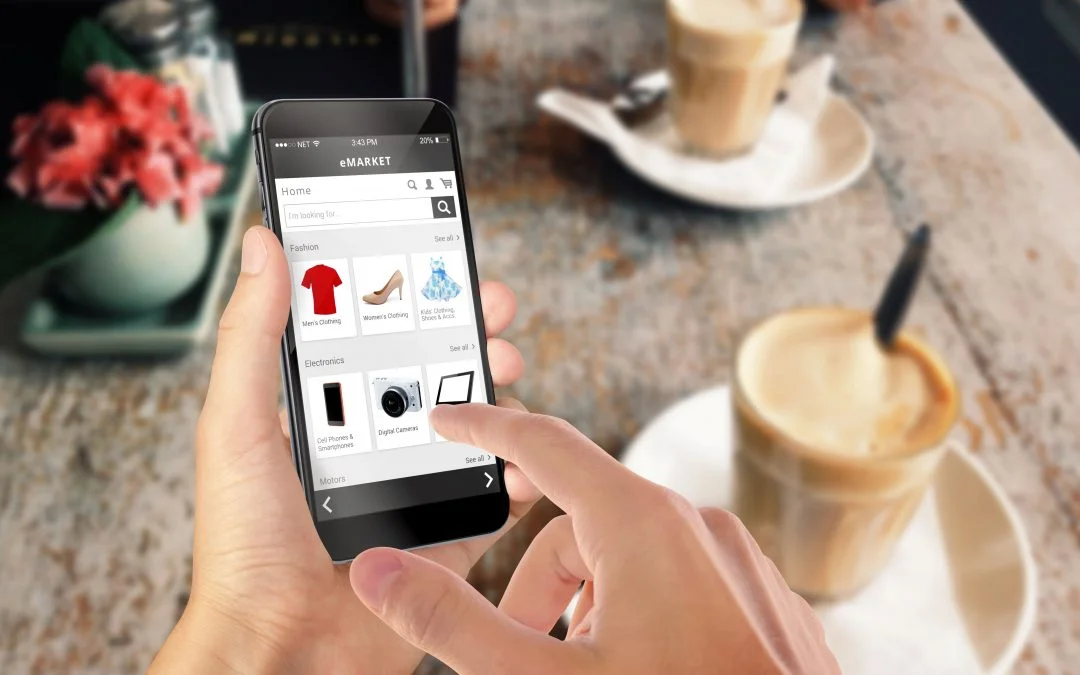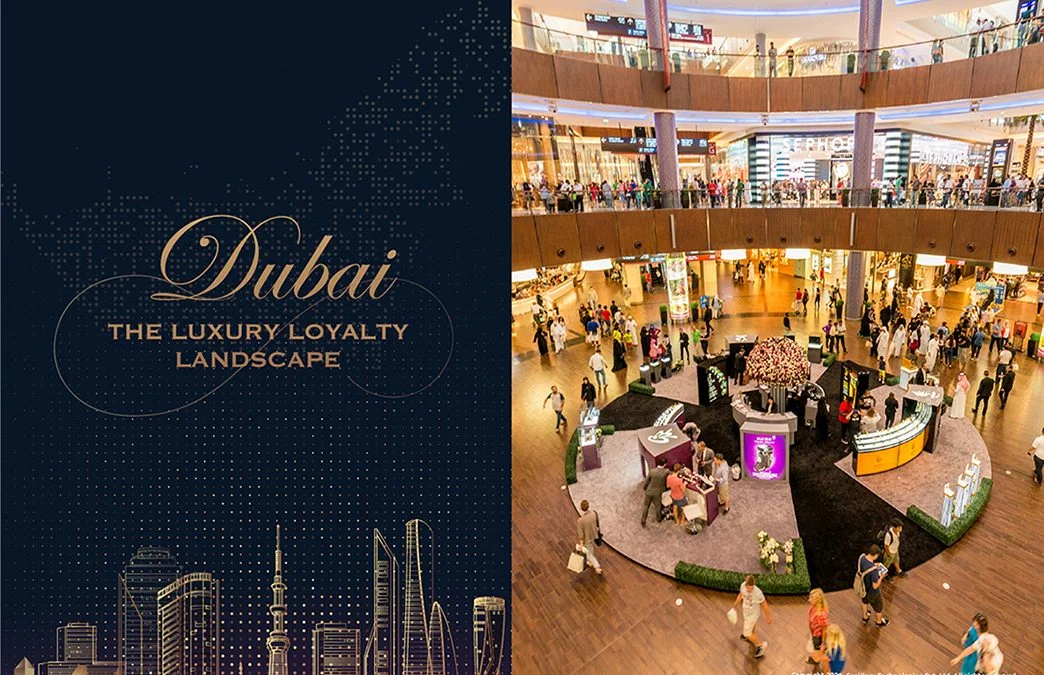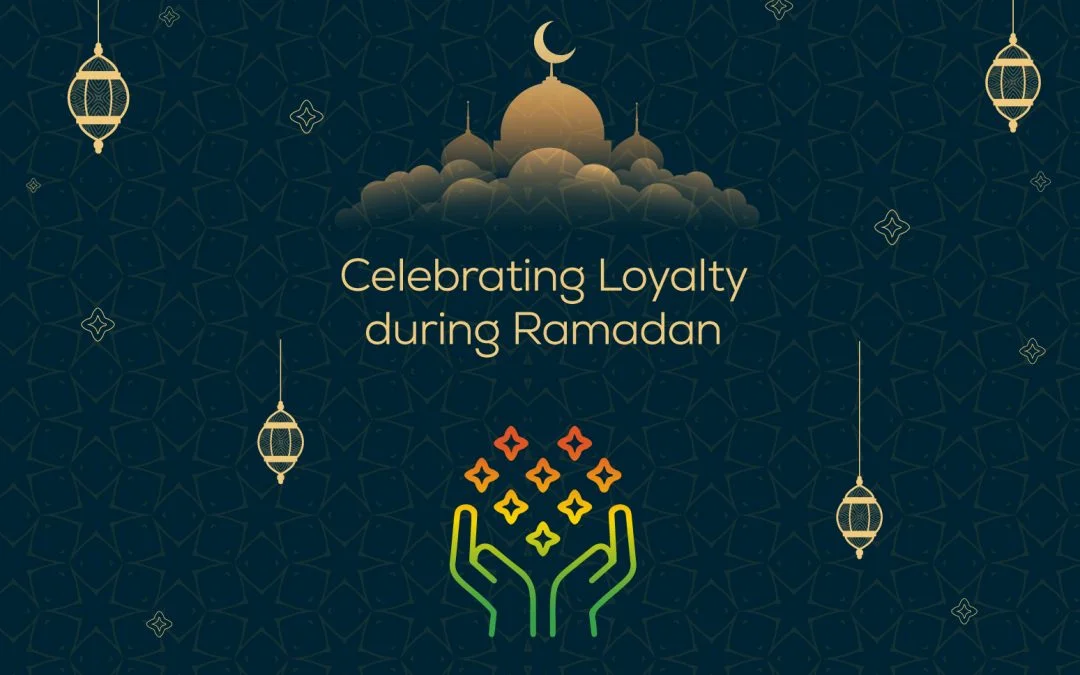- Design industry shaping loyalty programs
- Integrate easily and go live quicker
- Deliver hyper-personalized consumer experiences
Blue Rewards from Al Futtaim Group Shares Loyalty Success Stories and Evolution. Watch Podcast >
Capillary Announces 2nd Annual Captivate 2025 Summit: Transforming Loyalty Management with New AI Tech Read more >

Even before the COVID pandemic, consumers and businesses in the Middle East were reeling from the socio-economic impact of tumbling oil prices, digitization and geopolitical instability.
Consumer sentiments around job and financial security in the region have been steadily declining in the last 2-3 years. A 2018 report by Mckinsey that surveyed Saudi Arabia and Egypt and UAE found that more than half of the consumers (55%) now look to spend less and save money. This trend will be further amplified by the ongoing COVID crisis, but supplemented with higher adoption of digital channels.
The pre-existing purchase power fluctuations and the recent apprehensions around health/hygiene have heavily impacted the shopping behaviour of consumers in the Middle East. And more importantly, it has fundamentally shaken long-standing customer-brand relationships and led to a large number of customers migrating to cheaper, better-value alternatives.
The McKinsey report also reveals that more than half (54%) of those who have chosen lower-priced alternatives were satisfied with their decision; which is an indication that the trend is likely to be sustained in the future.
These shifts in consumer behaviour are especially interesting in the Middle East context – it’s often perceived as a bastion for luxury shopping and where the large majority of the populace prefer to purchase from a narrow and select set of brands. The rise of ecommerce in the Middle East led to consumers searching out lower prices and offers on their preferred brands. The current zeitgeist seems to be a cost-conscious hunt for cheaper alternatives.
Consumer behaviour shifts usually don’t hinge on a single entity and are typically driven by a collective system of change factors. Here are the major ones impacting customer loyalty in the Middle East.
While ecommerce had a slow start in the region, it has steadily picked up pace in the last 2 years. Saudi Arabia’s ecommerce market is expected to hit 9 billion USD by 2025, rendering it one of the fastest-growing ecommerce landscapes in the world. The COVID crisis further accelerated ecommerce adoption in the region, especially for the grocery and personal care segment.
The ecommerce shift will surface new-age brands and expose consumers to high-value, cost-effective alternatives to their preferred brands. For instance, the rise of ecommerce in India has led to traditional companies in the personal care, FMCG and electronics space losing wallet share to digital-first consumer brands like BoAt, WoW Skin Sciences and MamaEarth. Consumer affinity towards these brands is highlighted by the fact that most of them have crossed INR 100 crore in revenue within 24-36 months of launch, a feat which used to take 5+ years earlier.
The Middle East also enjoys a high smartphone, internet and social media penetration which has connected the digitally-savvy population with global brands and digital-first labels. The integration of native commerce by social networks like Facebook, Instagram and Pinterest is further likely to entice consumers towards newer brands that are more cost-effective and promise higher value.
The pandemic contributed to declining customer loyalty in two ways: by accelerating ecommerce adoption and shrinking the consumer wallet share. The closure of shopping malls and stores as part of lockdowns imposed to curb the spread of the virus has compelled a large segment of consumers to shop online.
This shift in consumer behaviour is particularly visible in GCC, according to research by Ernst & Young (EY). The firm conducted a survey in the first week of May that revealed that 92% of consumers in the UAE and Saudi Arabia had changed their shopping habits, with 52% terming the change “significant.” While Carrefour’s online grocery platform in Saudi Arabia saw an 800% spike during the COVID pandemic, Majid Al-Futtaim Retail witnessed a 400% YoY growth in orders and a 300% YoY growth in online sales between March-May 2020.
The COVID-induced job losses and salary cuts have also led consumers to tighten their purse strings and look for ways to save money. According to a report by Inmobi, 19% of users in Saudi Arabia said they had seen salary cuts or a loss in business, while 15% said they were laid off or had to shut down their business. The impact has been more severe in the UAE where 28% of people polled in the survey said that they have already dealt with salary cuts or a loss in business. According to a Mckinsey report, 92% of consumers in the UAE have tried a new shopping behaviour in the post-COVID world (in terms of new store, brand, product or channel)
he Middle East is home to around 108 million millennials and they account for about 60% of the population. Globally, millennials are notorious for their fickle brand loyalty and only 7% of millennials identify themselves as brand loyalists. However, millennials in the Middle East are an outlier here – a Google Consumer Barometer study found that millennials in the region demonstrate more brand loyalty than their peers in the US, the UK, Japan or Australia.
A significant number of millennials in Saudi Arabia and the UAE considered just one brand before a purchase But there is a flip side to this narrative. However, higher millennial loyalty has a price tag attached to it in the form of higher expectations.
The Google report also mentions that Arab millennials have a shorter supply of patience and are less forgiving when it comes to encountering bad user experience, especially on mobile devices. It mentions that 43% of millennials in Saudi Arabia will switch to a mobile-optimized site if they experience any problems.
While this trend will not directly lead to a decline in brand loyalty, the lack of focus on customer experience and user experience – especially by newer entrants who rushed their ecommerce launch- will cause a significant number of consumers to switch loyalties.
Adapting to these rapid changes and fluctuations in customer behaviour and brand loyalty can be tricky. But it’s not impossible. Based on our experience with 400+ global retailers and insights from millions of customer interactions, here’s what works :
With a large segment of consumers migrating to ecommerce, retailers should ensure that their loyalty programs seamlessly adapt to digital channels like websites, mobile sites and apps. More importantly, they should maintain a unified platform for storing user data, purchase history and other membership details to enable a great omnichannel experience, regardless of whether the customer shops online or in-store.
With consumer behaviour in constant flux, it’s vital for brands to offer a highly personalized loyalty rewards and schemes that adapts quickly to these behavioural changes. Personalized loyalty programs powered by advanced analytics lets you predict the probability of a customer to redeem an offer, target specific segments at the right moment in the purchase cycle or dynamically change offers/promotions/points based on recent purchase behaviour of a specific customer.
In a crisis situation where the purchase intent tends to be low and there is higher friction towards spending, it’s important for brands to shift away from the traditional earn/burn loyalty program models. Emotional loyalty programs that are built around communication and engagement rather than transaction has been proven to be especially effective in these circumstances. For instance, retailers can leverage the higher social media and digital usage to reward customers for writing reviews, liking/sharing brand posts or taking part in contests.
Perhaps the single biggest factor that influences customer loyalty is Customer Experience. Ecommerce brands in the Middle East and everywhere in the globe should prepare for higher traffic, orders, returns/cancellations etc in a strategic way. The first thing to consider is your ideal customer segment and their immediate shopping list (eg:- grocery, personal care, safety/hygiene products etc). Next up, fix disrupted supply chains, and have clear communications with manufacturers about production capacities. And finally, make sure you communicate supply chain issues, delay in delivery or fast selling products on your product pages. This honest and open communication allows you to manage customer expectations and prevent negative experiences later.
The COVID crisis and the digitization policies by GCC governments will make the fight for customer wallet a whole lot fiercer in the coming days. Brands and businesses in the Middle East seeking to gain a competitive edge should leverage smarter analytics, engagement-based loyalty programs and new-age customer experience platforms to ensure they stay ahead of the competition.

December 10, 2024 | 6 Min Read
From collaborative partnerships to personalized rewards, Dub

April 20, 2022 | 4 Min Read
Ramadan marks the most auspicious time of the year for the M

June 30, 2020 | 4 Min Read
Even before the COVID pandemic, consumers and businesses in